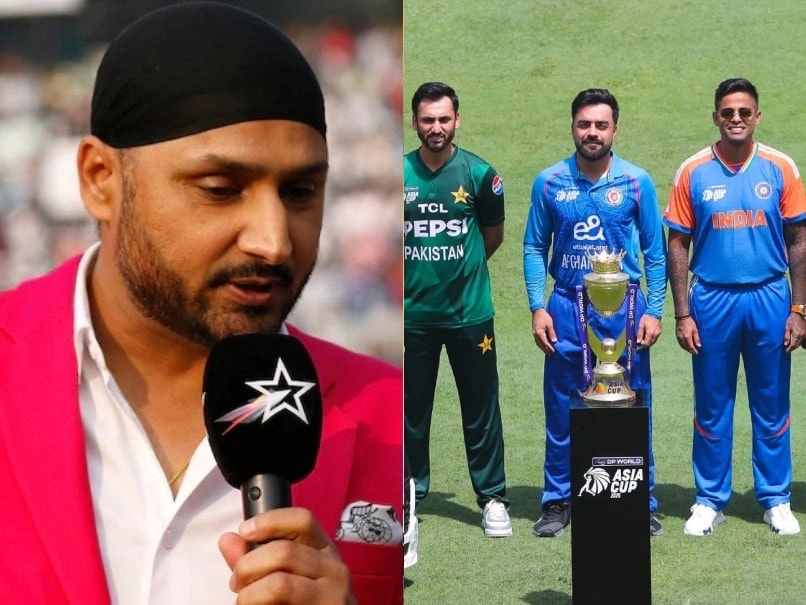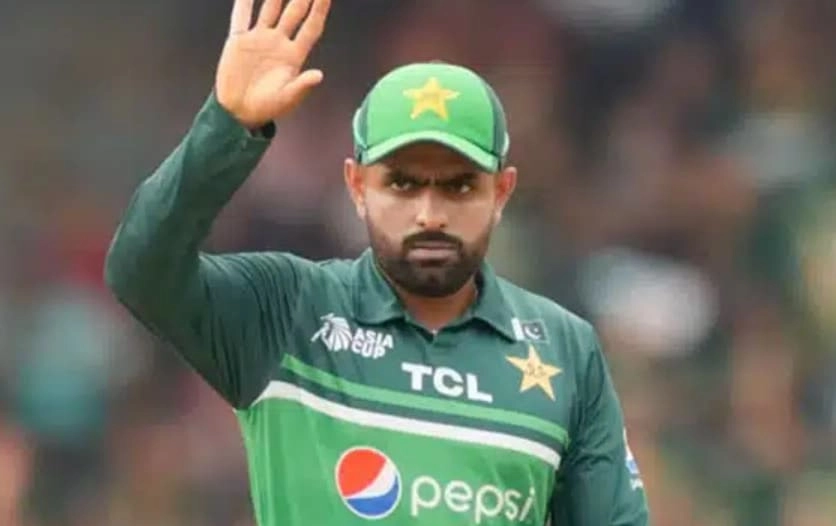Harbhajan Singh, the renowned former Indian cricketer, recently made headlines by boycotting a prestigious legends match, a decision that has raised eyebrows and sparked discussions within the cricketing community. His absence from the event was not just a personal choice but a statement reflecting his sentiments regarding the ongoing tensions between India and Pakistan, particularly in the context of cricket. Harbhajan’s stance emphasizes the significance of national pride and the complexities of sporting relations between the two nations, which have historically been fraught with rivalry and political undertones.
In light of these circumstances, Harbhajan has laid down specific conditions for any future cricketing encounters between India and Pakistan. He believes that for the matches to be meaningful and truly representative of the spirit of the game, there should be a conducive environment free from political influence and hostility. Harbhajan’s perspective highlights the need for sports to serve as a bridge for peace and camaraderie, rather than a platform for exacerbating existing tensions. His call for a more respectful and harmonious approach resonates with many fans and players who yearn for cricket to bring people together, rather than deepening divides.
The implications of Harbhajan’s position extend beyond his individual choice; they reflect a broader sentiment among former cricketers and fans alike regarding the future of Indo-Pak cricketing relations. The rivalry has produced some of the most memorable moments in cricket history, but the recent political climate has often overshadowed these encounters. By advocating for a more respectful dialogue and conditions that promote goodwill, Harbhajan is not only voicing his personal beliefs but also encouraging a re-evaluation of how cricket can contribute to peace and understanding between the two nations. His stance serves as a reminder that while cricket is a competitive sport, it also holds the potential to foster unity and friendship across borders.




